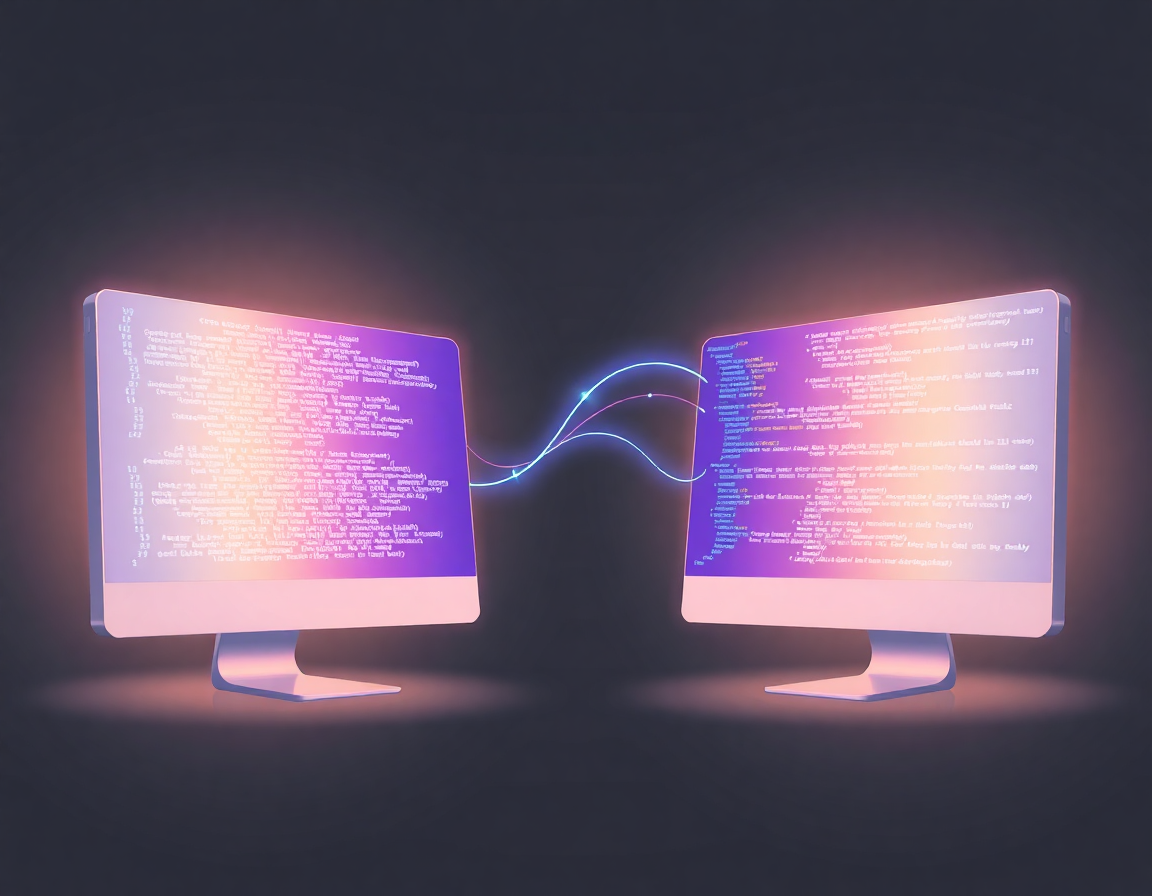Every developer knows the feeling: you've poured your heart into a pull request, only to be met with endless, shifting criticisms. I remember when I sent my first optimization PR to an open source project. My stomach was in knots as I refreshed GitHub for the hundredth time. Every comment seemed to shift the goalposts further. One day it was, "Prove it's an optimization," the next, "Are these benchmarks realistic?" By the end, it felt less like collaboration and more like running an obstacle course.
Years later, I still feel that familiar anxiety before opening a PR comment notification. I'm not alone — I've heard similar stories from countless developers, from new developers to veterans, from small startups to tech giants.
The broken promise
In theory, code reviews are a beautiful thing. They're supposed to be about knowledge sharing, catching issues early, and helping teams grow together. They're meant to be conversations between peers, mentorship opportunities, and moments of collaborative improvement. However, in practice, they often become battlegrounds where good intentions collide with human nature:
- I'm the well-meaning senior developer who doesn't realize their "quick suggestions" feel like harsh criticism to a new team member
- The thorough reviewer who takes days to respond, blocking team progress
- The overwhelmed maintainer who lacks the time to provide meaningful feedback
- The anxious contributor who spends more time worrying about reviews than writing code
The true cost of these dysfunctions isn't just the immediate friction and delays – it's the lost opportunity for learning, growth and shared understanding. Every review that devolves into nitpicking instead of mentorship, every teachable moment buried under process, every contributor who stops asking questions because they're afraid of judgment – these represent countless missed connections where knowledge could have flowed freely between teammates.
Yet when reviews work, they're magical. Collaborative discussions can reveal subtle bugs, refine entire architectures, and teach us new patterns we never knew existed. Some of the best code I've written has been the outcome of PRs with hundreds of comments.
A better way forward
We believe AI can transform code reviews from a necessary burden into what they should have been all along: a way for teams to learn from each other and ship better code together. That's why we founded review.ai, a new company focused on solving one of the most persistent challenges in software development: the knowledge silo problem.
We're starting with review, a programming companion that lives where you work. Run it right from your terminal or IDE while you're still in flow. Just like running tests, you'll get actionable suggestions when they matter most.
With the power of LLMs, review understands what you're trying to do and provides immediate, actionable feedback before you even think about creating a pull request. From catching subtle memory leaks to suggesting more idiomatic patterns, it's like having a knowledgeable, patient mentor looking over your shoulder - one who's always available and never gets tired or frustrated.
So will review catch everything? No, but neither do human reviewers. We built review not to replace human reviewers, but to make their job more meaningful. By handling the routine checks, we free up developers to focus on what they do best: making creative, strategic decisions about architecture and design.
One of the first times I ran review, it caught an inverted condition that would have caused an outage in prod. That completely blew my mind, it had just saved me hours of debugging and frustration. Since then I run review as habitually as I run tests. As a result, when I finally send code to my teammates, we can focus on the interesting challenges – architectural choices, edge cases, business logic – the things where human insight really matters.
We're already seeing how it transforms different workflows:
- New developers learn faster, getting immediate feedback on their code without fear of judgment
- Senior engineers focus on mentorship and architecture instead of catching formatting issues
- Solo developers and freelancers get a reliable second opinion on their work
- Teams naturally develop shared patterns as the AI highlights common practices across projects
Data, data, data
Let’s also touch on the elephant in the room: what data we collect and why. The only way to improve review is by knowing if it’s working well, but more importantly where it’s failing. We use the data we collect to measure if review is getting better or worse over time. On an individual/per-team basis, the data is also used to customize reviews over time to meet the individual standards and best practices.
However, we fundamentally believe that your data is yours. As such, you can opt out of data collection/customization by enabling Zero Day Retention, which automatically deletes all your data within 24 hours. This window allows us to prevent abuse and track usage. You may also request all of your data to be deleted by emailing support@review.ai.
The future of code reviews
These early results from our code review focus have only strengthened our conviction in what code reviews can become - and they're just the beginning of our journey. While we're starting with code reviews as our first step, we see them as an initial proving ground for our broader vision of preserving and surfacing development context. Our vision is to make code reviews as natural as writing tests - a friendly, frictionless part of how we write software. They should help us grow, catch issues early, and make our code better. Most importantly, they should leave us excited about coding, not anxious about feedback. As we perfect this foundation, we'll expand to tackle the larger challenge of knowledge debt across the entire development lifecycle.
We're currently bringing on our first beta testers and looking forward to expanding to more design partners who can help shape the future of the product. If you'd like to try review, head over to review.ai/install – we're opening access to new users daily.

